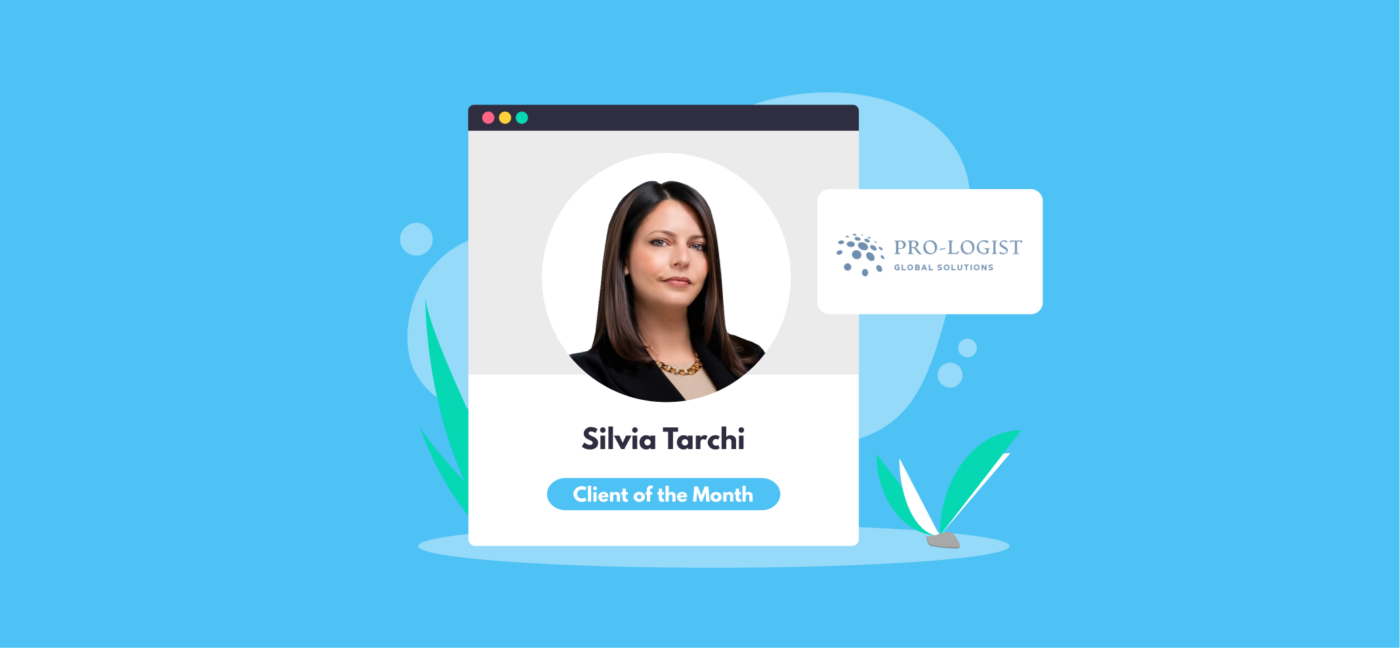

What Are the Different Types of UK Limited Company?
Deciding which business structure to operate under is often one of the first major business decisions that start-ups make. If you decide to register a limited company (a process known as incorporation) then you might encounter the different types of company structure which are available.
Private limited companies are probably the most common type of structure for brand new companies. The ‘limited’ part of its name refers to the owners’ personal liability for any debts which the company has. This is because the company is a separate legal entity to its owners, so the extent to which they are personally responsible for any debts is ‘limited’ to the amount of shares they own.
It means that each shareholder (a person who owns shares) is liable based on the proportion of shares that they own in the company.
For instance, in a company with two shareholders where each shareholder has the same amount and type of shares, they are all equally liable. If one shareholder has 60% of the shares, and the other shareholder has 40%, then liability also follows this 60/40 split.
Public limited company (PLC)
Public limited companies (PLCs) are, like all limited companies, legally distinct from their owners. They’re broadly similar to private limited companies, but in this case shares are publicly available to buy and are traded on the stock exchange. There are also even more statutory requirements that they must meet!
This includes having a minimum of two members, the company name ending in public limited company (or plc), a company secretary, and at least £50,000 in issued share capital. Phew!
Private company limited by guarantee (LBG)
Companies which are limited by guarantee don’t have shareholders, and don’t issue shares. Instead, members of the board act as guarantors who are responsible for the business and any debts, and are liable for the amount that they guaranteed to the company.
Private companies which are limited by guarantee tend to be set up by not-for-profit organisations such as charities or clubs.
Unlimited companies
It’s quite rare to form an unlimited company, but not unheard of. Most people decide to form a company so that their personal liability is limited, but an unlimited company means unlimited liability, a bit like being a sole trader where you’re personally liable for everything.
Unlike being a sole trader though, operating as an unlimited company means you could have other shareholders with whom to share liability.
The unlimited liability aspect of this type of company can actually be a source of confidence for some potential creditors and lenders. It’s based on the idea that the shareholders of an unlimited company have more of their own interests at stake, and so the company is less likely to become insolvent.
Learn more about our online accounting services for businesses. Call 020 3355 4047 to chat to the team, and get an instant online quote.
Want to learn more?
Subscribe to our newsletter to get accounting tips like this right to your inbox

Read more posts...

April 2024 Client of the Month: Pro-Logist ltd
23rd April 2024This month we spoke to Silvia, Managing Director of Pro-Logist ltd! Pro-Logist ltd | LinkedIn Hey Silvia! Tell us about your business Pro-Logist,…
Read More
The Self-Employed Guide to Retirement Planning
19th April 2024Pension planning is often something we forget about until later in life, but the earlier you think about it, the better. Everyone…
Read More
14 Accountancy Terms Explained for Startups
17th April 2024Starting a business can be complicated enough, especially with all the new lingo that crops up along the way. In this article…
Read MoreConfirm Transactions
The number of monthly transactions you have entered based on your turnover seem high. A transaction is one bookkeeping entry such as a sale, purchase, payment or receipt. Are you sure this is correct?
Please contact our sales team if you’re unsure
VAT Returns
It is unlikely you will need this service, unless you are voluntarily registered for VAT.
Are you sure this is correct?
Call us on 020 3355 4047 if you’re not sure.
Bookkeeping
You will receive our bookkeeping software Pandle for free, as part of your package.
You can use this to complete your own bookkeeping, or we can provide a quote to complete your bookkeeping for you.
Please select and option below:
Call us on 020 3355 4047 if you’re not sure.

